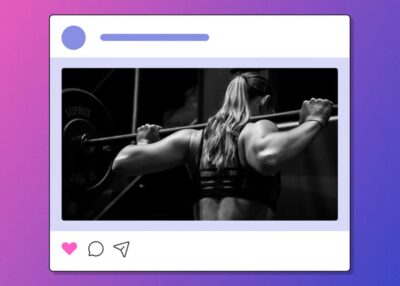8 Easy Ways to Promote a Local Event
Promoting an event is a crucial part of ensuring its success. With so many events happening at any given time, it's essential to stand out and get your message in front of the right audience.
While there are many ways to promote an event, using promotional materials is one of the most effective. In this blog, we will explore different types of promotional materials event planners can use to promote their local events and provide tips for maximizing their impact.

1. Flyers
Flyers are a classic promotional tool for events. They're relatively inexpensive to produce and distribute, making them a great option for events on a tight budget.
When designing a flyer, make sure to include all the essential details, such as the event's date, time, location, and ticket information. You should also include eye-catching graphics and colors to make your flyer stand out. Consider distributing flyers in high-traffic areas, such as coffee shops, restaurants, and community centers.
Marketing tips for building effective flyers:
- Use readable font, bold titles, padding, spacing so it's easy to digest
- Use bullet points
- Get your message across in a view words
- Use eye-catching images and graphics
- Include links or QR codes
- Include your or the organizations logo
- Use a 5th grade or below reading level
2. Posters
Posters are another traditional promotional material that can be highly effective. Like flyers, they should include all the essential event details and eye-catching graphics.
Posters can be displayed in various locations, including public bulletin boards, community centers, and high-traffic areas. Consider partnering with local businesses to display your posters in their windows or on their walls.

3. Banners
Banners are a great way to promote events around your community.
They can be hung from buildings, strung across streets, or placed on fences. When designing a banner, make sure to include
- Large, easy-to-read text
- Bold graphics
- Keep the message simple and focused
- Capture people with colors
- Use quality materials for your banner
4. Brochures
Brochures are more detailed promotional material that can provide potential attendees with a comprehensive overview of your event. They're an excellent option for events that require a more in-depth explanation, such as conferences, festivals, and trade shows.
Include all the essential event details, as well as information on speakers, vendors, and other activities. Consider distributing brochures at trade shows, conferences, and other events that your target audience is likely to attend.

5. Postcards
Postcards are a fun and unique way to promote events.
They're smaller than flyers and posters, making them easier to carry around and distribute. Postcards can be mailed to potential attendees, handed out at events, or left in high-traffic areas. When designing a postcard, make sure to include all the essential event details and an eye-catching graphic.
6. Social Media Ads
Social media ads are a highly effective way to promote events to a targeted audience. Platforms such as Facebook, Instagram, and Twitter allow you to create ads that are shown to users based on their interests, location, and other factors.
When creating a social media ad, make sure to include an eye-catching graphic and all the essential event details. Use compelling language to encourage users to click through to your event page or ticketing site.

7. Email Marketing
Email marketing is another effective way to promote events.
Create an email list of potential attendees and send out regular updates about your event. Include all the essential details, as well as information on any new speakers, vendors, or activities. Use a compelling subject line to encourage users to open your email, and keep the message brief and focused.
For more tips on building an effective email campaign, click here.
8. Event Websites
Creating a dedicated website for your event can be an effective way to promote it. Your website should include all the essential event details, as well as information on speakers, vendors, and other activities.
Use eye-catching graphics and compelling language to encourage users to register for your event. Make sure your website is mobile-friendly, as many users will access it from their smartphones.
More tips for building an effective event website:
- Make the navigation user-friendly
- Mobile-friendly
- Use readable fonts, colors, headers
- Use graphics, videos, images
- Include sharable links or QR codes
- If selling tickets, embed your ticket registration process
- Use call-to-action buttons
- Check your load times and speed
- Include all the event info necessary (location, event schedule, parking, talent, etc.)






